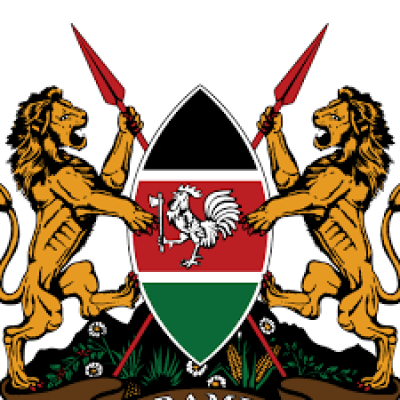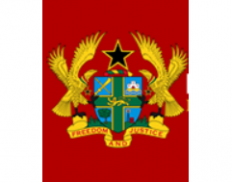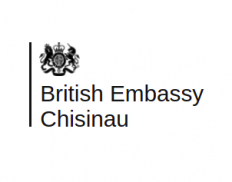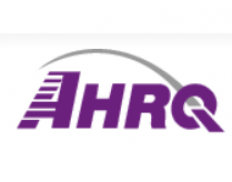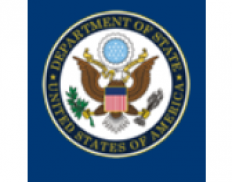
U.S. Embassy in Guinea
Details
Description
USAID has had a steady presence in Guinea since the early 1960s, shortly after the founding of USAID. The U.S. Ambassador to Guinea at the time met with President Kennedy to discuss a development program for the newly independent country, focused on “creating the conditions for sound economic development aimed at raising living standards.”
By 1963, agronomists and engineers had conducted feasibility studies to improve rice production, and supported the creation of agricultural research centers in Guinea. USAID’s work throughout the 1960s included vocational education, industry, public administration, agriculture and commodity imports. Some of the programs were designed to stimulate a nascent private enterprise, including mining and manufacturing. Additionally, hundreds of USAID scholarships underpinned early efforts toward capacity building and helped to support the emergence of a much-needed leadership cadre. Furthermore, USAID played a key role in bringing a new approach to primary education by empowering parents to engage in school management and forging bonds of responsibility between schools and communities.
The 1970s illustrated USAID’s expansion into sectorial projects, particularly in agriculture. Initially, the focus was on improving research and training infrastructure, but a change in government in 1985 led to a more market-oriented economy, so USAID reviewed its strategy to focus on long-term support for smallholder farmers. This emphasis on local entrepreneurship was meant to boost private sector development, including banking.
During the 1980s and 1990s, USAID worked toward balancing public sector and private sector interventions. Assistance in the areas of economic reform, agriculture, education and health were matched by capacity building activities through technical training and study tours. To encourage women’s empowerment and leadership, USAID helped improve access to credit through microfinance projects, training female entrepreneurs across the country and giving them financial and management skills. In the late 1990s, USAID played a pivotal role in coordinating the visionary Leland Initiative, working with the Government of Guinea and the private sector to extend internet availability in the capital Conakry and beyond.
During the last decade, USAID has supported the Guinean people as they have tackled food insecurity, the influx of half a million refugees from neighboring countries, and changes in the political regime. In 2006, USAID made democracy and governance its sole strategic objective so that the principles of good governance would be applied across all development sectors, including health, economic growth and environment. To this day, supporting local governments and civil society champions has been the hallmark of USAID’s programs in Guinea.
The first democratic elections took place in late 2010. Working together with the Government of Guinea, donors, the U.S. Embassy, NGO partners and others, USAID launched public education campaigns on the voting process, supported journalists, and trained elections observers. These activities were important to the successful outcome of the elections. USAID supported democratic transition in the country during the presidential election in 2015 and local elections in 2018. USAID continues to invest in targeted socio-economic programs that have the potential to make a lasting impact for Guinea’s future.
Country eligibility
Circumstantial eligible countries
Tender Management Modes
US DoS
Grant Management Modes
US DoS


